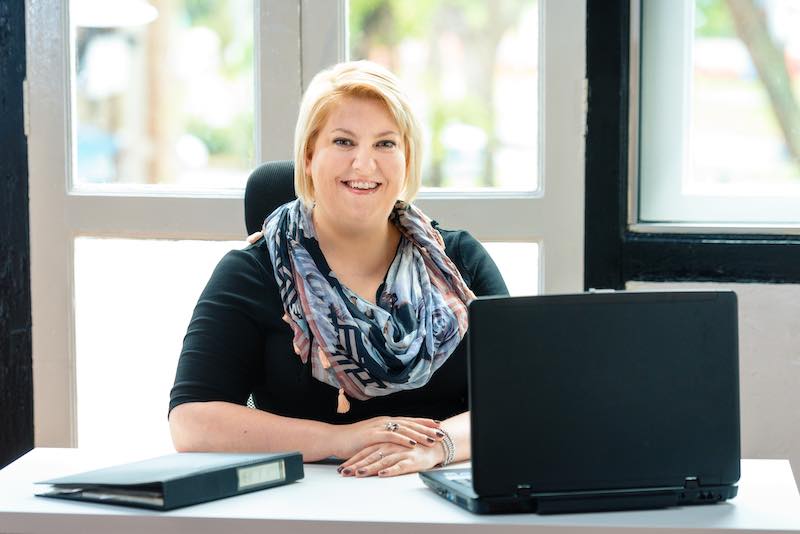Speech Pathology
Get to know Alissa
Hi! Thanks for visiting. Chances are you have found me here as you’re curious about Speech Pathology services and want to know more. Here is my attempt to explain what I do in as few words as possible – which in and of itself is a work in progress for me.
I’m a Certified Practising Speech Pathologist, having graduated from the University of Sydney as a somewhat mature aged student in 2010. I was very lucky to have found my place as a new graduate in an amazing team in a private practice in Singapore, where I worked for four years. In fact, I am still very connected to the team there, and we continue to collaborate on projects as much as possible.
Since moving back home in 2014, I have worked in school settings and in private practice, as well as providing supervision with students and novice clinicians. I have also continued to update my professional knowledge to stay relevant with what new research continues to reveal about development, communication, and how these affect our experience moving through the world.
My practice will continue to evolve through my work, but there are some fundamental values that will stick with me and keep informing how I work with my clients.
Certified Practising Speech Pathologist.
One last note about terminology, labels, and language.
Speech Pathologists have historically come from a context where clients’ challenges and difficulties were the primary reference point for how we discussed our work. It is what it is, and it happened that way for a long time. BUT – I am so happy that the neurodiversity movement is pushing us all to do better with the way we partner and communicate with clients and stakeholders.
Language and context are changing rapidly, and while this is a challenge to keep up with, it is a challenge that I wholeheartedly embrace. My subjective experience is that I haven’t necessarily changed what we work on together, as I’m guided by my clients’ goals; but the way I speak about these is changing so that my words can match my intent and message.
I continue to find that different clients and families will have different preferences for the language and labels I use, so I will do my best to use those that resonate with my client. This work is ongoing, and I cannot pick words here that will suit everyone, so I am choosing the terminology that I have found to be the preferences for most clients I’ve met. It is not my intention to offend or mislabel, so if you have a reaction to my language, please do reach out to me as I would love to understand your perspective and learn from you!


